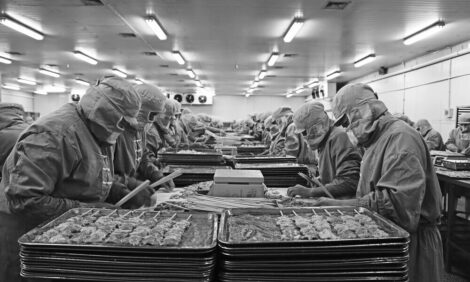



Cuts to 'Red Tape' Promised for UK Farmers
UK - Environment Secretary Andrea Leadsom has outlined her hopes for a reduced regulatory burden on farmers when the UK leaves the European Union, saying this should help them to get on with growing food.Billboards publicising EU funding and rules on how many crops farmers should grow are examples of red tape that should be scrapped when we leave the European Union, Ms Leadsom said.
Speaking at the Oxford Farming Conference to leaders from the food and farming industry, the Environment Secretary said EU regulations are weighing down farmers in mountains of paperwork.
Dealing with red tape and farm inspections is estimated to cost the industry £5 million per year and the loss of 300,000 hours. The Government will be consulting industry later this year on areas they would like to see reformed, and how a more common sense approach could be applied.
In a keynote speech Andrea Leadsom said: "For too long, a bureaucratic system which tries to meet the needs of 28 countries has held farmers back.
"By cutting the red tape that comes out of Brussels, we will free our farmers to grow more, sell more and export more great British food whilst upholding our high standards for plant and animal health and welfare. My priority will be common sense rules that work for the United Kingdom."
However, Keith Taylor, MEP for the South East and a member of the European Parliament’s Environment Committee, said the regulations that Ms Leadsom labelled as 'red tape' form important safeguards for the environment and animal welfare. A similar point of view was expressed by MPs on the Environmental Audit Committee earlier this week, who said new legislation would be needed after Brexit to keep EU environmental protections.
Mr Taylor, who is also the Green Party’s Animals spokesperson, said: "Andrea Leadsom has again attempted to vilify EU safeguards by labelling them as ‘red tape’ and, most concerningly, promising to scrap the vital protections. The ‘red tape’ the Environment Minister is threatening to cut is currently protecting our rural environment, our biodiversity, our soil, and the welfare of farm animals."








